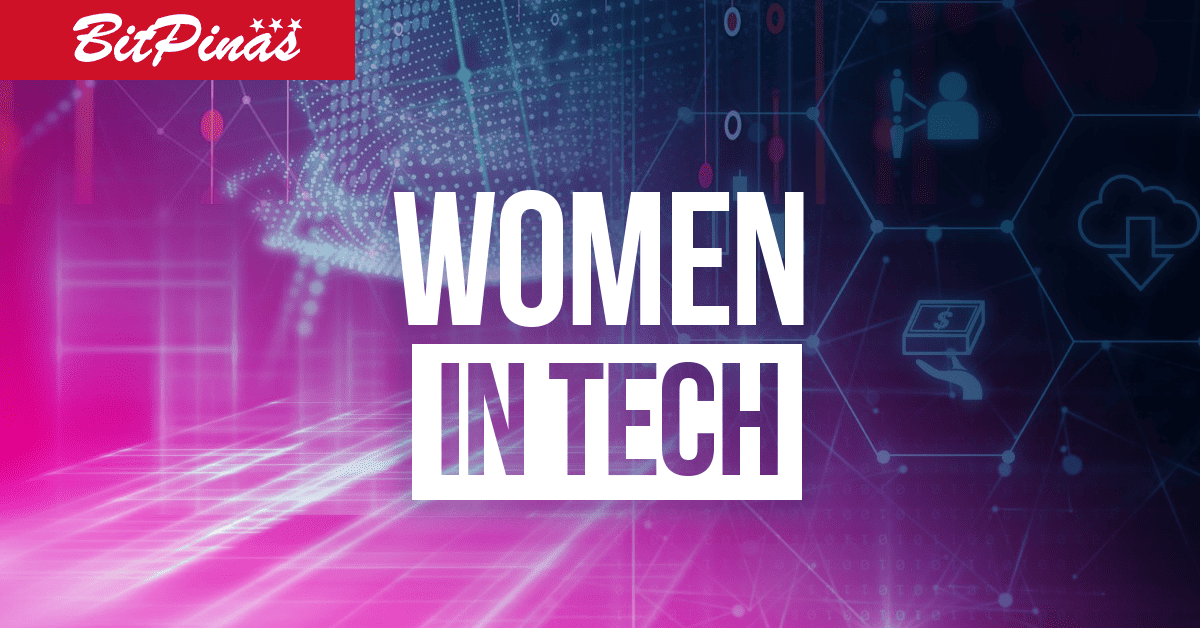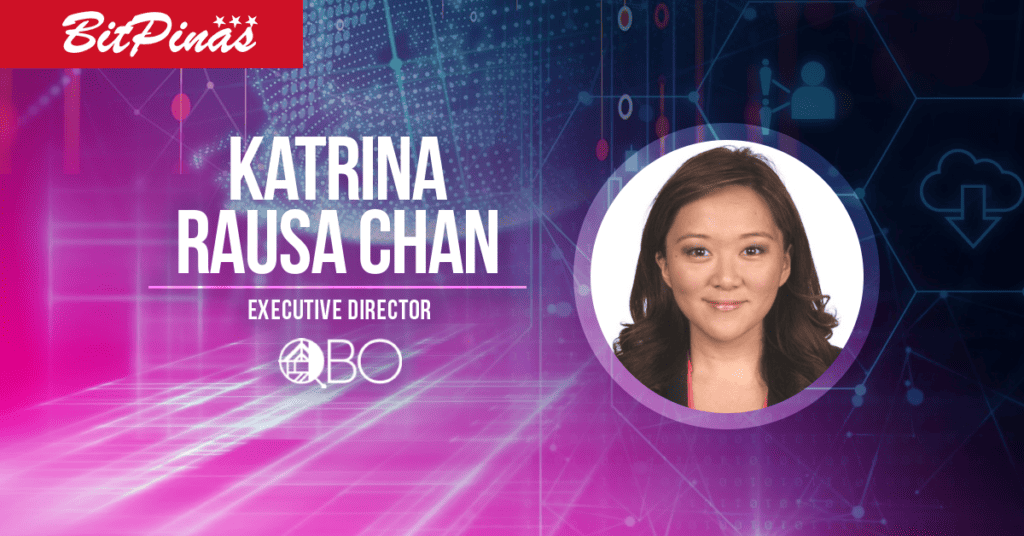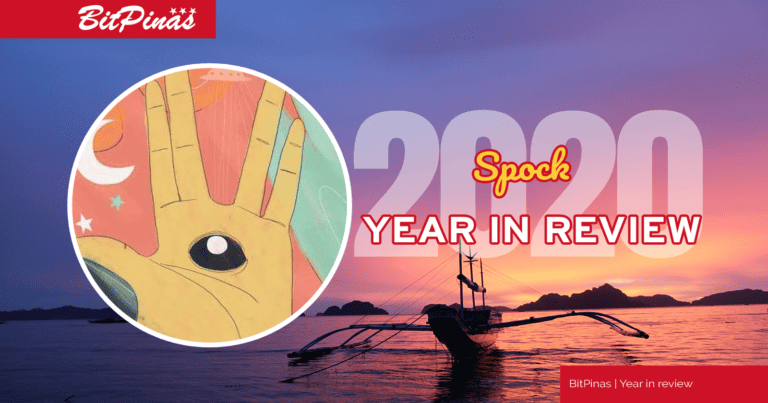Women in Tech: Having a Bias for Action
“It’s a huge privilege to be young because this is your time to experiment, to fail, and try again. Therefore, my advice is to just go for it now. Have a bias for action and try, especially if this is something you are interested in.” – Katrina Rausa Chan, QBO Innovation Hub

Growing the Filipino Tech Startup Ecosystem is at the heart of QBO Innovation Hub, a private-public initiative and startup incubator in the Philippines. QBO’s Executive Director, Katrina Rausa Chan, said this is more than just about mentorship and workshops and different training forms. “A lot of it is also about connecting startups with investors, resources, and building networks among founders and communities.” The end goal is to make sure the whole Philippine startup ecosystem grows and scales.
As part of the many hats Kat wears at QBO, she is also working on Startup Pinay, initiated in partnership with Investing in Women and the Department of Trade Industry (DTI). to provide additional, focused support to female tech founders in the Philippines as they start and scale up their businesses.
During a talk with the QBO director, she revealed that although it is already a concern that more women aren’t entering the tech industry, there is also this prevailing perception among the public that tech and engineering are designed for men.
“Also, once you enter the industry, women quit at a much higher rate than men,” Kat said, pointing out that the community has to play a significant role in ensuring a healthy and safe environment. “There seems to be an unspoken rule that women are suited for certain functions– maybe the head of marketing or HR, so we’re also really encouraging more women to break those stereotypes. Women can and should be just as likely to be CEOs, CTOs, playing those kinds of leadership roles.”

Kat has been passionate about helping startups at QBO and hopes that the Philippines will one day be the home for many unicorns – startups with a $1 billion valuation. When asked what we can do to encourage a more diverse group of founders, she related back to QBO’s founding principles. “We ended up calling ourselves QBO (after the ‘bahay kubo’) because there’s a kubo everywhere. It’s a big part of our mission to be able to engage more people of diverse backgrounds to participate and to make the notion of building your own startup become attainable and inclusive.” Kat pointed out the tremendous opportunities right now in the space. “There’s so much opportunity in tech, so many problems to solve. It would be such a shame if a big part of the population could not participate.”
“There is no better qualified one to identify what the problems are that need solutions than those who have experienced those problems themselves”, she said.
Another key initiative for Kat is helping young women and starting entrepreneurs as they begin their startup journey. Her advice to those hesitating? Just try it out. “It’s a huge privilege to be young because this is your time to experiment, to fail, and try again. Therefore, my advice is to just go for it now. Have a bias for action and try, especially if this is something you are interested in.” Kat said this is the only way to find out if you have an appetite for the startup world or not.
Kat also advised young people not to expect to become successful on their first idea or first try. It does take time, she said, citing that the average age of a successful startup founder is somewhere near forty years old. “Our idols like Elon Musk acquired experience in other ways before they got really big. It does require patience,” Kat added.
Kat said that young entrepreneurs should be continuously proposing and testing new things and gaining something from that whole process. “Judging whether you succeeded or failed is not just about ‘did my company get an investment.’ Building a company or joining a startup is almost better than getting an MBA. You get exposed right away to all sorts of roles. You’re in the position to make decisions and see things happen very quickly. That’s something I hope young people would focus on more. You learn a lot just from going through the process.”
Kat is engaged with Microsoft and their startup initiatives, which aims to help B2B startups scale their companies successfully in the Philippines and globally. Startups can build on platforms like Microsoft Azure, as well as leverage Microsoft’s in-house training, mentorship support, and network of long-standing enterprise clients. In this way, the enterprise gets access to the latest innovative technologies while the emerging startups are able to de-risk their journey and get traction. To learn more about this program, visit the Microsoft for Startups Initiative Website.
This article is produced in collaboration with Microsoft and originally published on BitPinas: Women in Tech: Having a Bias for Action





Loved this: “Kat also advised young people not to expect to become successful on their first idea or first try.”